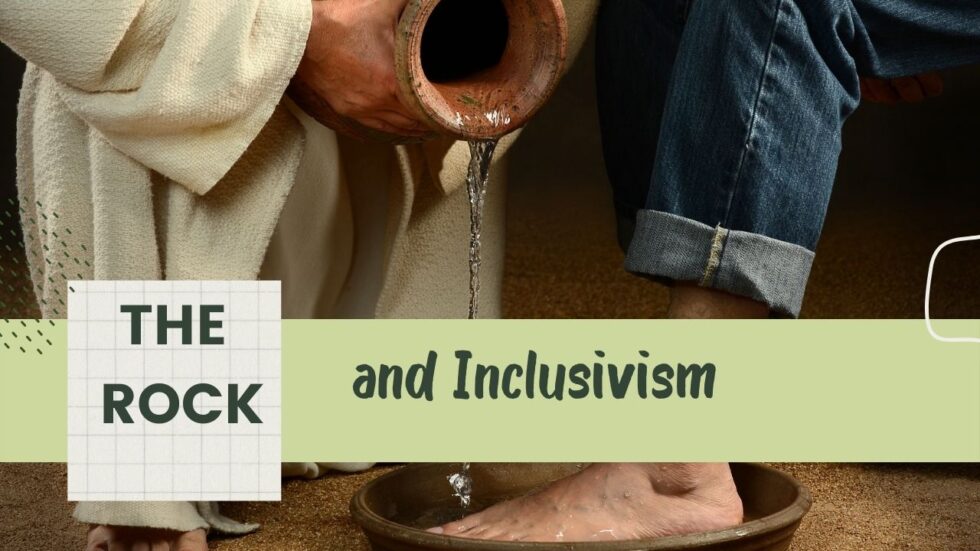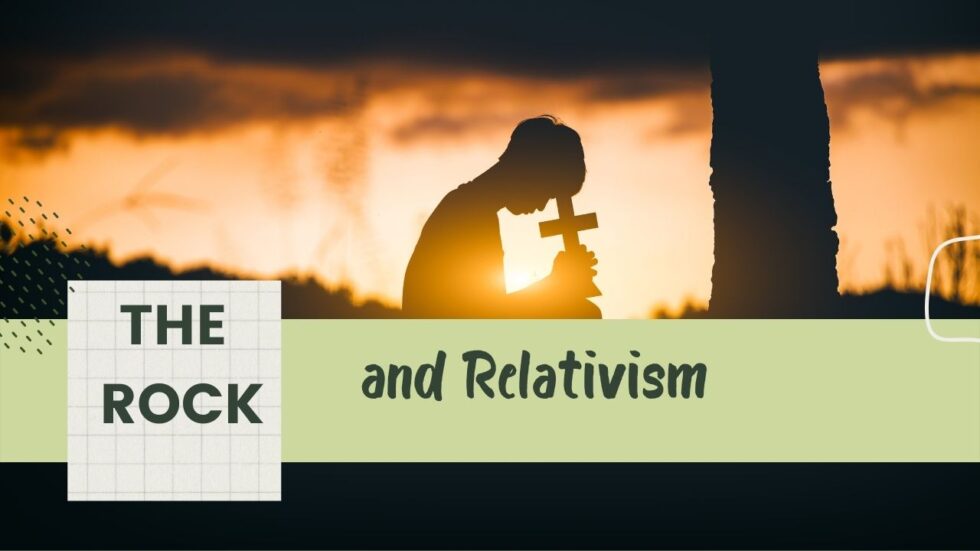
False Hope, No Hope, True Hope
Jesus said to them, “But who do you say that I am?” Simon Peter answered, “You are the Christ, the Son of the living God.” And Jesus said to him, “Blessed are you, Simon Barjona, because flesh and blood did not reveal this to you, but My Father who is in heaven. I also say to you that you are Peter, and on this rock I will build My church; and the gates of Hades will not overpower it.” (Matthew 16:15-18, italics added) A nearly invisible germ, looks like it wears a crown, has brought the world to its knees. Never before has a plague spread deep and wide across the globe so rapidly.
My birthland and adoptive land competed for first place in the trifecta of criteria of deaths, cases and hospitalization over most of last year. While the world rushes to find a foolproof vaccine, we have also been made fools by questionable alternatives said to diagnose and cure, prevent and treat COVID-19. Fraudulent products are both unproven and illegal. Sadly, they are dangerous because they provide a false hope to those who may die taking them. Is a False Hope Good? The entire world has been affected with a fatal, spiritual virus.
No human, in history or geography, is excepted from sin. Not even one is righteous. While religions and philosophies have offered questionable ways of salvation, there’s a cure being offered more dangerous than other claims. It sounds like it offers a method of eternal salvation, but it is neither biblically provided, promised nor proven. It gives a false hope to those diagnosed with the sin-deathly disease and keeps them from proper treatment and effective access, let alone provides an eternal cure. For want of a better term, its proponents are called inclusivists. In terms of salvation, they attempt to offer eternal hope to those who are sincere in their search for salvation but will not hear about the Savior, Jesus.
Inclusivists propose that people can get into heaven without meeting the biblical condition of salvation, i.e., trust in Jesus as the object of their salvation. Though people don’t have knowledge of Jesus, they can receive eternal life. Their faith-search in itself, albeit without Jesus as the content of their belief, can get them in. No believer in Jesus should be against inclusion of all people in the invitation to salvation. However, the Bible does not see a way into salvation for the unbeliever.
Even the most moral, ardent seeker must embrace the right object to faith—Jesus. They must know about the Lord Jesus and believe on the Lord Jesus to be saved. All their sincerity in the wrong medicine will only give them a false hope. They will only be blessed with salvation if the content of their prescription is correctly compounded, administered and received. The Rock is Hard: True Hope vs. False Hope In our Bible passage, Jesus’ prescription for the spiritual virus is clear in His blessing of Peter’s confession. Peter is blessed because he was true about the identity of Jesus and right in his answer to Jesus’ original question: “You are the Christ, the Son of the Living God.” So, too, anyone under the virus of sin leading to eternal death should be true and right about Jesus. That is everyone. They cannot get away without the true content about Jesus as their true hope, the right information about Jesus to personally embrace for eternal life.
In Peter’s affirmation, we assume his understanding and acceptance, a consistent epistemological expectation throughout the New Testament, as the terms of personal salvation. You Must Affirm It!: Confession It was Peter’s affirmation, built on the right knowledge about Jesus, that elicited the blessing of heaven. Inclusivists too must uphold the personal affirmation of the identity of Jesus, by all people, as divinely revealed and required. Biblically,they cannot hide behind the potential safety of the non- availability of the gospel as an opening for another means of eternal salvation.
Not long after, Peter said it this way: “And there is salvation in no one else; for there is no other name under heaven that has been given among men by which we must be saved” (Acts 4:12). We are all to be inclusivists in terms of the offer of salvation, but exclusivists in terms of the condition of salvation.
Shall we be very careful not to give the world a hope in a false prescription? Just like we would not falsely rest hoping that a COVID-19 positive and plagued person may find an alternate hope, we will extend the same mercy to spiritually ill people on the road to eternal death. If life-saving medicine is not available to the ill, we would push and proclaim, present and promote the availability and accessibility of healing to as many people as possible. What we won’t offer is a false hope, that people can be rescued without knowing the only, right cure for eternal death.
Questions
What would happen if a deathly ill person does not know of life-giving medicine?
Will his or her sincere reception of any other medicine help? How does this example apply to the matter of those not hearing about Jesus in order to be saved?
We would love to hear from you. Just fill out the form below and someone will contact you shortly.
 ADMINISTRATOR
ADMINISTRATOR
 ADMINISTRATOR
ADMINISTRATOR
 ADMINISTRATOR
ADMINISTRATOR
© 2021 Ramesh Richard, Inc. All rights reserved.